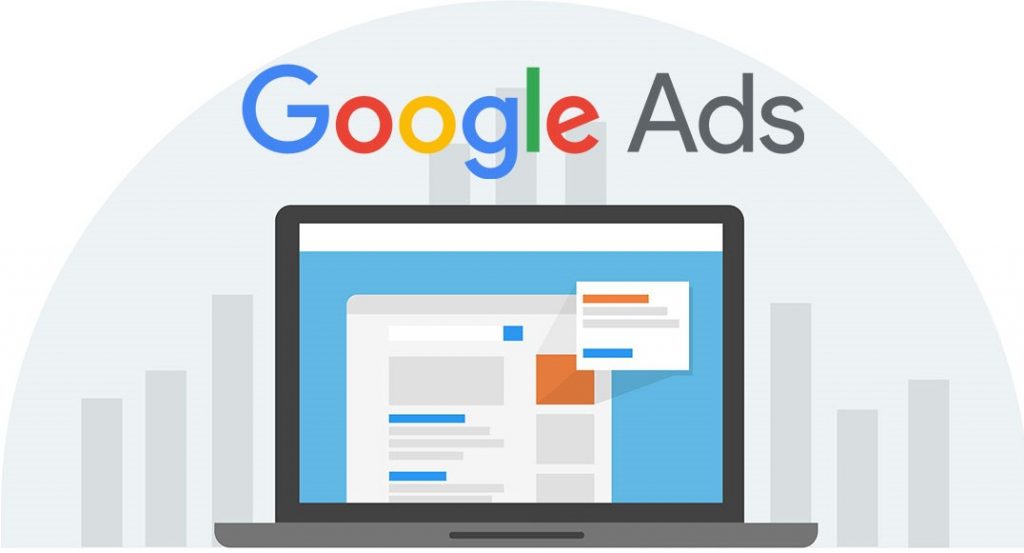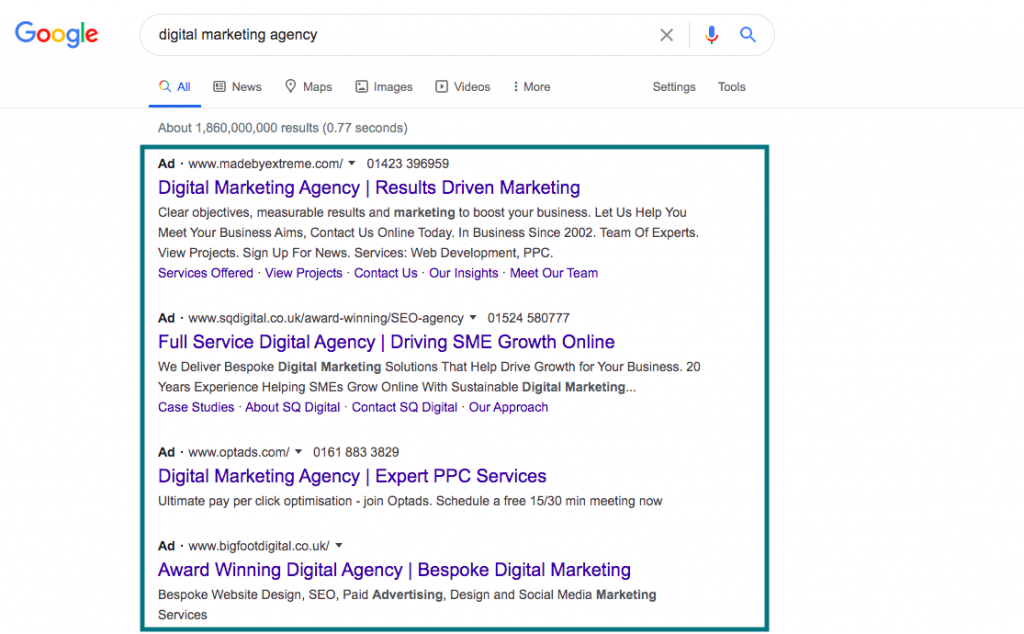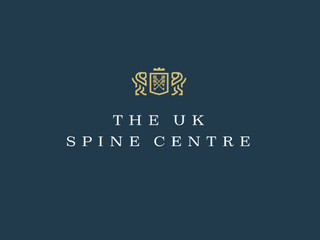Chances are if you have any form of online business, you’ll have heard the term banded around. PPC is known in the marketing industry by many names and abbreviations. From PPC to Pay-Per-Click, Paid Search to Google Ads (or Google AdWords pre-2018).
In this article, we’re going to explore PPC marketing in detail. Answering the questions that are important to you. We’re going to show you what PPC is, how PPC marketing works and how you can use it to help your business.
What is PPC?
PPC is a form of digital marketing that allows an advertiser to pay a fee every time their ad is clicked. Once the ad is clicked the user is taken to the advertiser’s website, to view the products or services that they offer.
The term PPC can apply to paid advertising on social media networks such as Facebook, LinkedIn, Twitter and Instagram. It also applies to advertising on search engines such as Google and Bing. In this article, we’re going to focus on the most popular form of PPC advertising – on Google.
Every day there is an average of 3.5 billion searches on Google. With more than 60% of adults in the UK searching actively on the search engine. This means that whatever your service or product there is an audience on Google for you. Whether you are looking to drive leads, acquire new customers or grow your sales, there are tactics to suit all goals.
Why are keywords important for PPC?
Keywords are an essential component of PPC advertising. To get your ads to appear when people search for your product or service, the keywords you choose need to match the words or phrases that people search for.
Keywords and phrases should be specific and relevant to what you are offering. When someone types your keywords into a search engine, they should be looking for a business exactly like yours. As a result, those people that click on your ad will be ready to buy from you.
The cost for each keyword will be different depending on the industry and the product you are offering. Wordstream recently released a list of the top 25 most expensive industries for PPC bidding.
CPCs for casino-related terms can be as high as £59. That is £59 every time someone clicks your ad. If not managed correctly you can quickly blast through your entire budget, with little to show for it but a large bill from Google.
What does a PPC ad look like on Google?
When searching ‘digital marketing agency’ on Google we can see four businesses who are competing to appear at the top of the search results page. All PPC ads on Google and Bing have a small ‘ad’ label to the left of the website address to ensure they are identifiable.
Madebyextreme.com has the highest ‘Ad Rank‘ in the example shown above. Due to this, they are appearing at the top of the search results page (also known as the SERPs).
To appear above the other businesses Madebyextreme.com will likely be paying a higher bid than the other businesses. But, the bid is not the only factor that leads to a strong ‘Ad Rank’, with other factors including:
- Ad quality (including expected click-through rate, ad relevance and landing page experience)
- Competitiveness of each auction
- Context of the person’s search. For example, the person’s location, device, time of the search, the nature of the search terms, the other ads and search results that show on the page, and other user signals and attributes
- Expected impact of extensions and ad formats
What makes a good PPC ad?
A PPC ad has a strict character limit and so you need to be able to get your point across in a succinct and engaging way. We’ve put together a list of five things to consider when writing your ads:
- Ensure your ad references the keyword that was triggered. This shows Google that your ad is relevant to the customer’s search
- What is your unique selling point against your competitors? Think about delivery, price-point, quality, discounts.
- What call-to-action will resonate with your customers? Think about conveying urgency in your ads, incentivising with promotions.
- Use ad extensions such as site links, call out extensions and location extensions to take up more room on the SERPs
- Don’t use one ad, you should always test different messages to see what resonates the best with your customers
How much does PPC advertising cost?
This is a question that we hear frequently. After all, those new to PPC advertising are keen to understand how much they should expect to pay to advertise on Google.
Costs can be high if PPC campaigns are not managed correctly. It can take a long time to learn the tactics to ensure that campaigns work efficiently and don’t overspend. Optimising your CPCs on a daily basis is essential to ensure the efficiency of your campaigns is not compromised.
A bonus to advertising on Google is that you are able to use their Keyword Planner Tool to understand how many people are searching for your services. This information then allows you to judge the level of competition and also get a view of how much you can expect to pay for each click.
This data will help you create a forecast. Allowing you to understand the budget that will be needed to appear in strong positions and the amount of traffic that will be achievable.
Summary
There are many benefits to using PPC for your business. If you want to get results quickly, then this is definitely the channel for you. Building your organic SEO performance is another option, but this is a long-term strategy and can take months to gain traction.
Managing PPC ads yourself can be challenging. Without the right knowledge, ads have the potential to spend a lot of money without gaining any results. Google offers great online courses in their Google Skillshop, which can help you get to grips with the set-up if you’re feeling brave.
The way we like to explain PPC at Green Ginger is:
“PPC is easy to set-up yourself. But if you are looking to do it right, make sure you’re not wasting budget and maximise performance, get an expert to help. Especially if you have ambitions to scale and grow – it will be a worthwhile investment”
Nick Cranwell, Head of Digital
If it all sounds a bit daunting, then that’s where Green Ginger can help. We are experts in managing PPC campaigns and have done so for some of the UK’s biggest retailers. That means we have the skills to be able to manage campaigns at scale and can also apply these tactics to smaller more agile businesses.
If you want to know more about how we can kickstart your marketing, get in touch with us today.
















